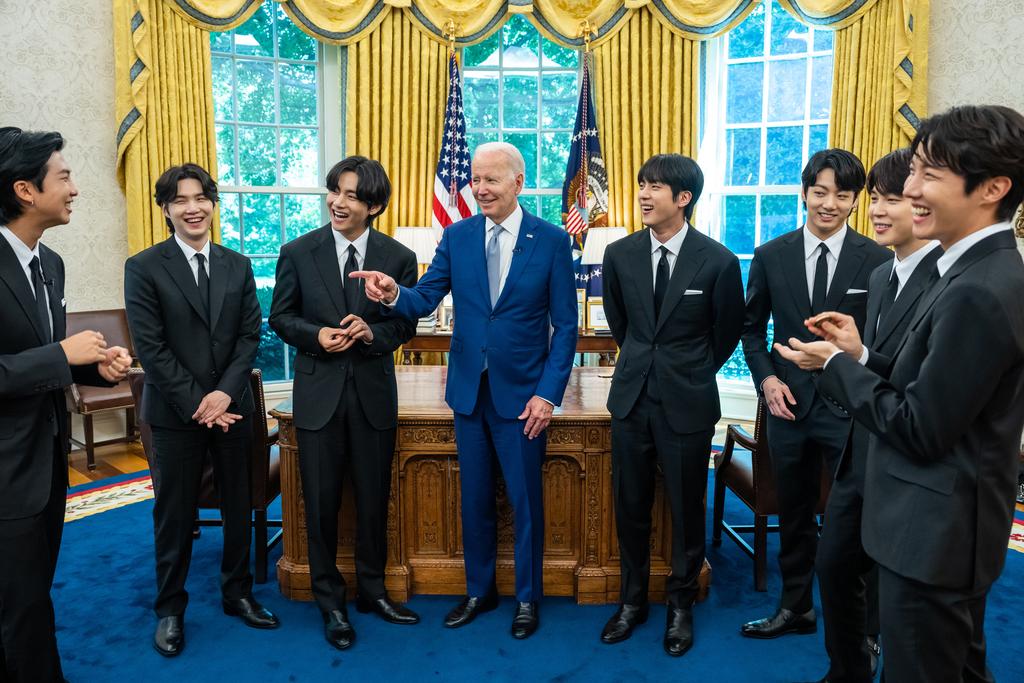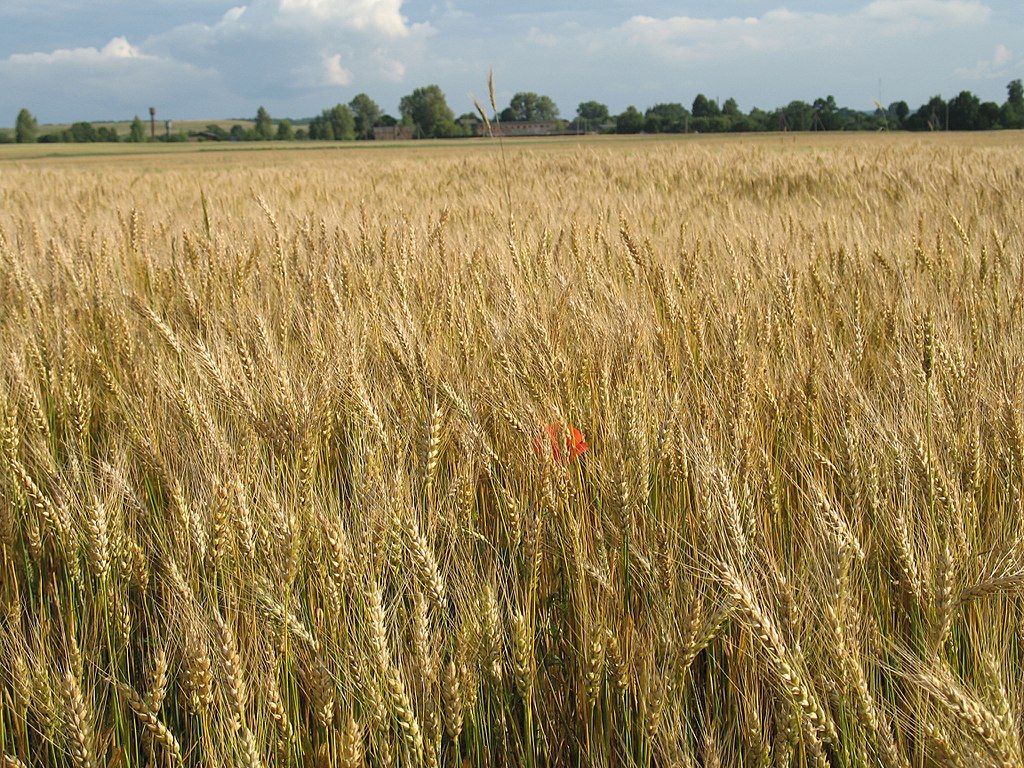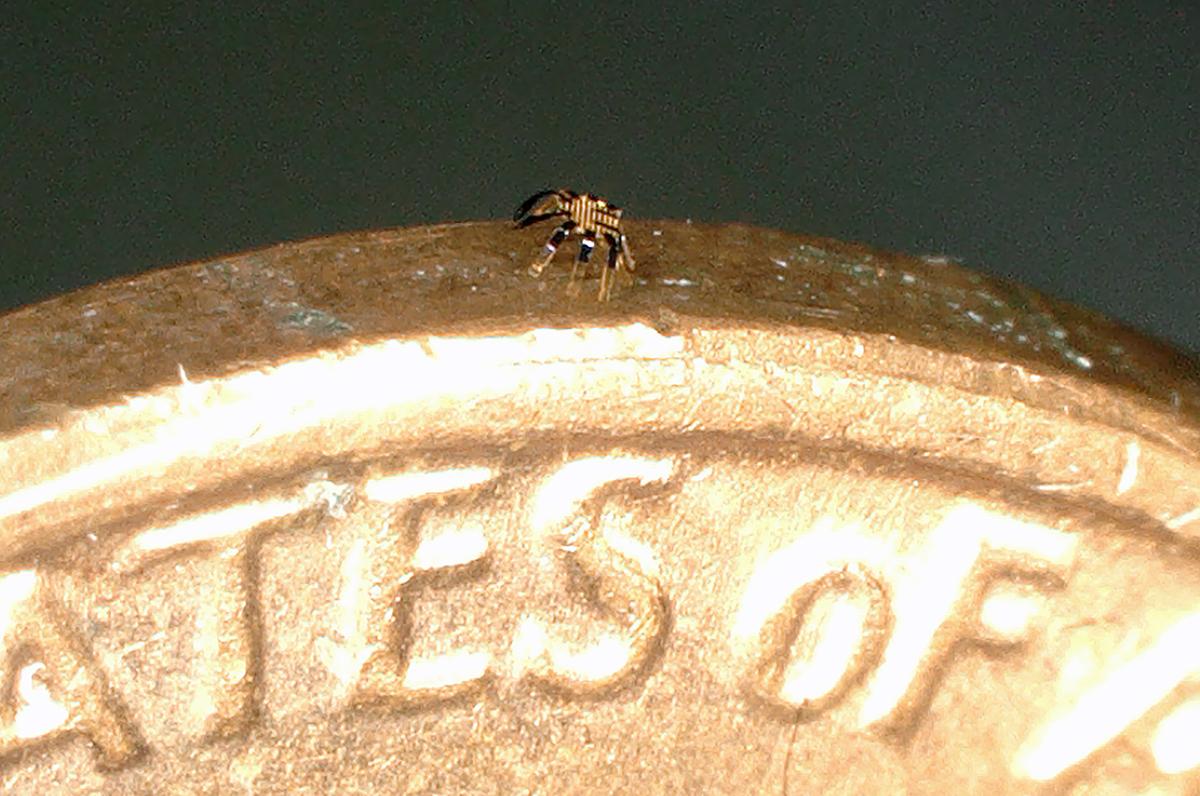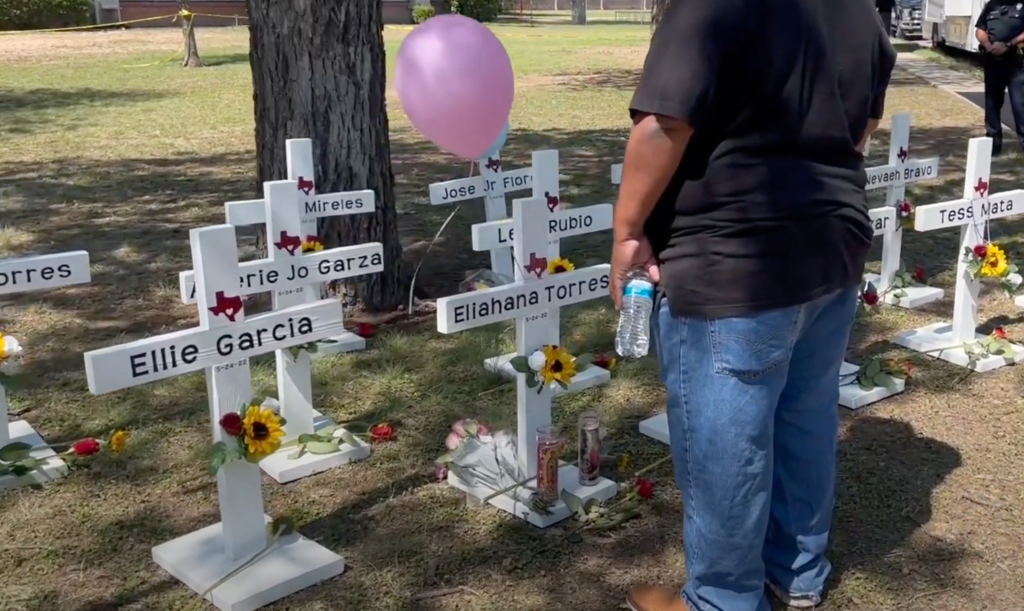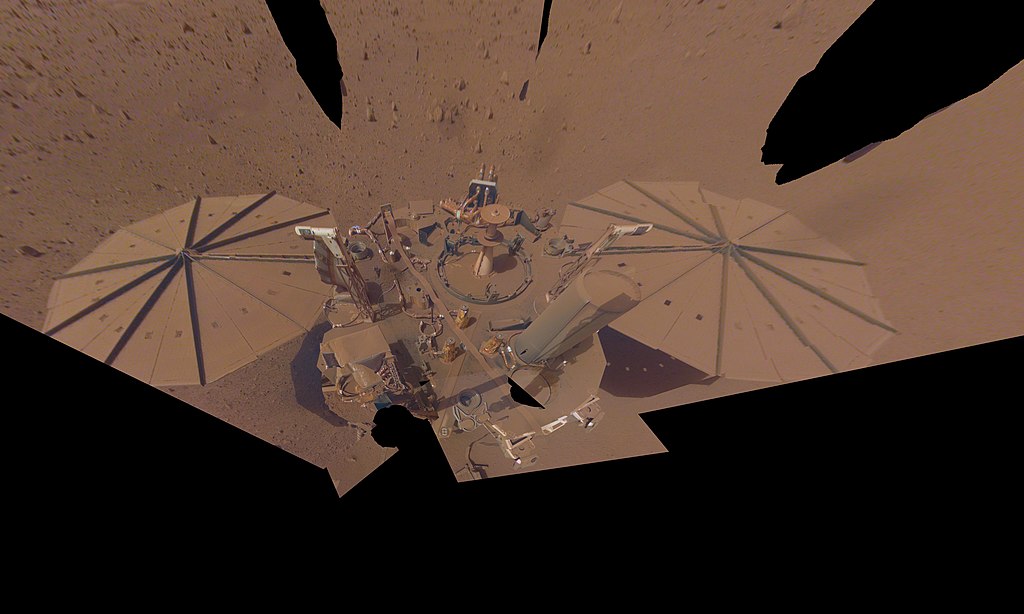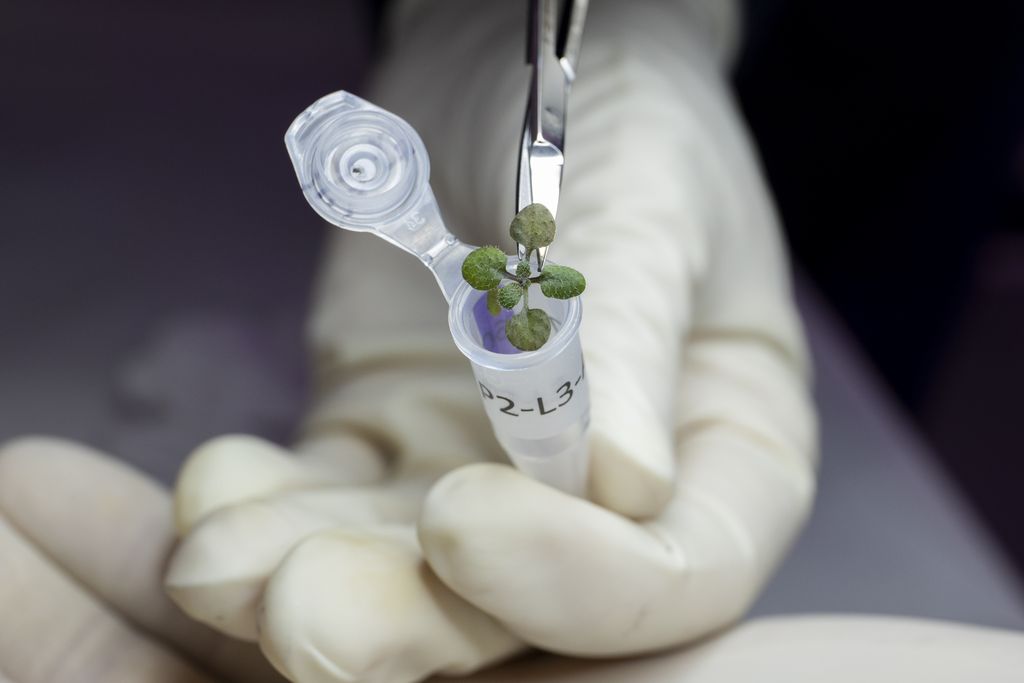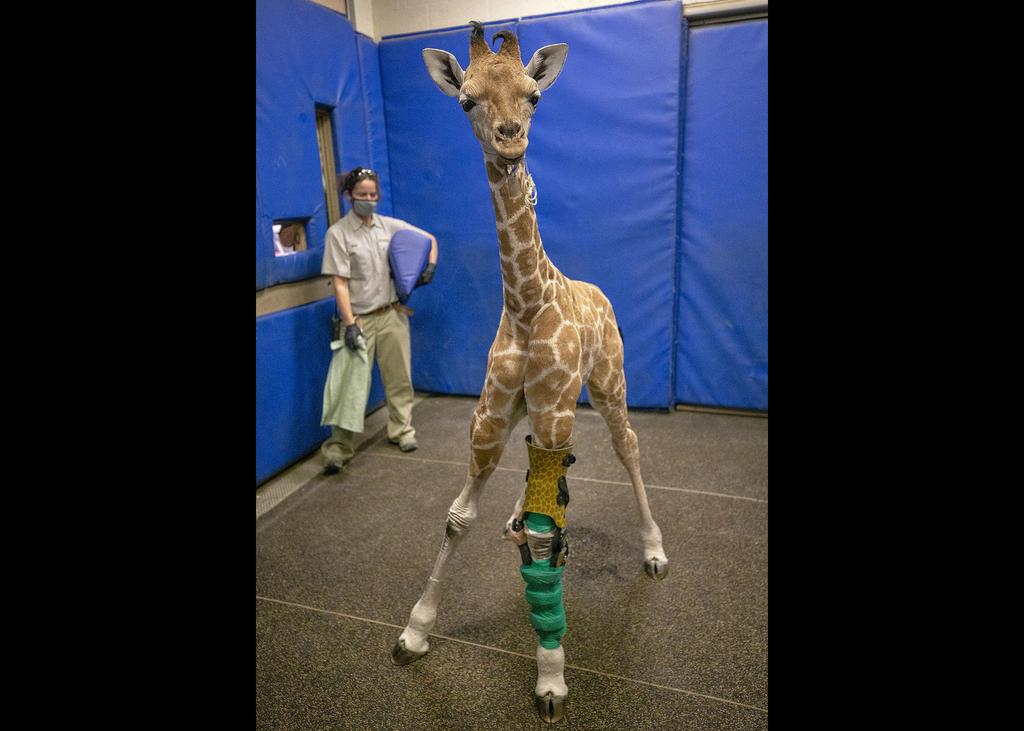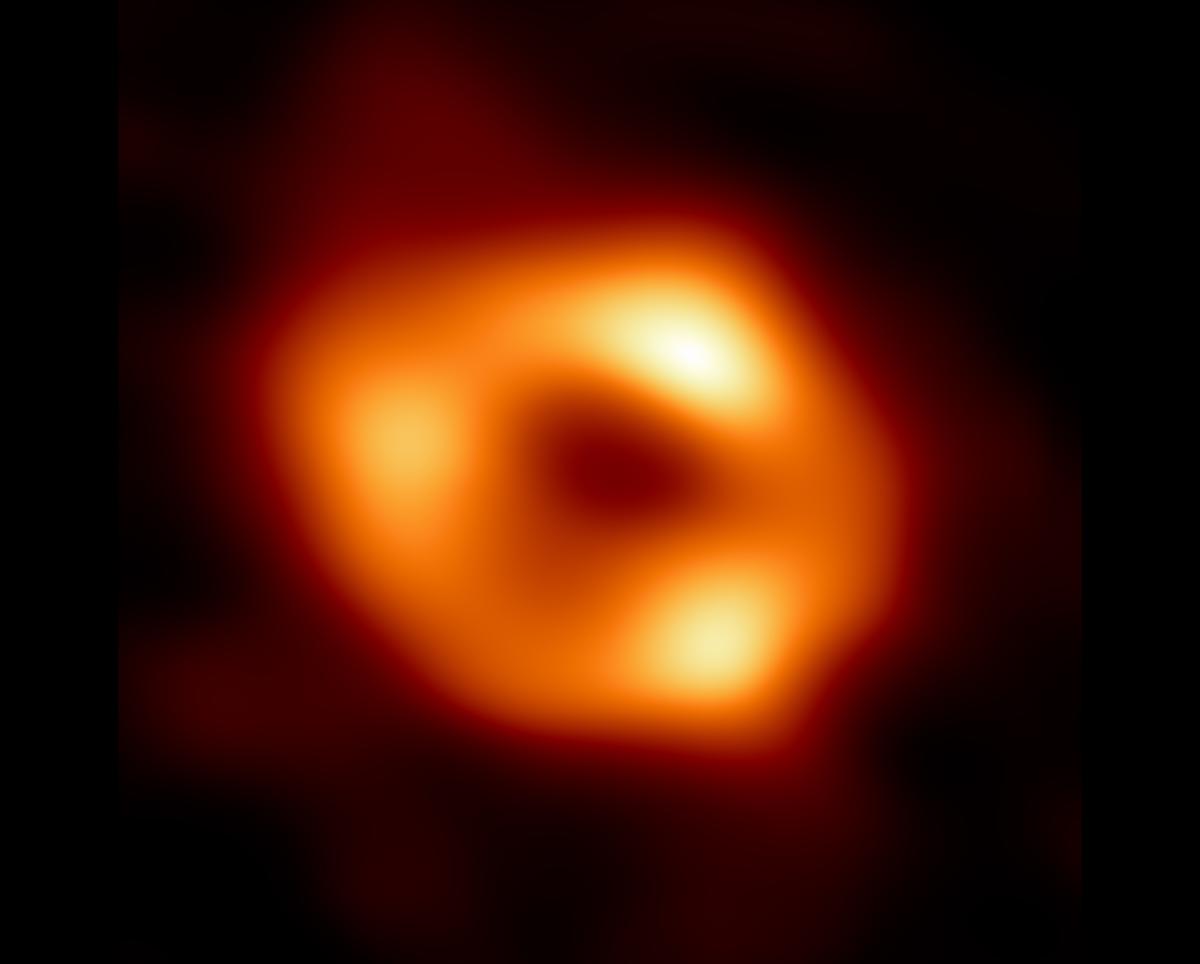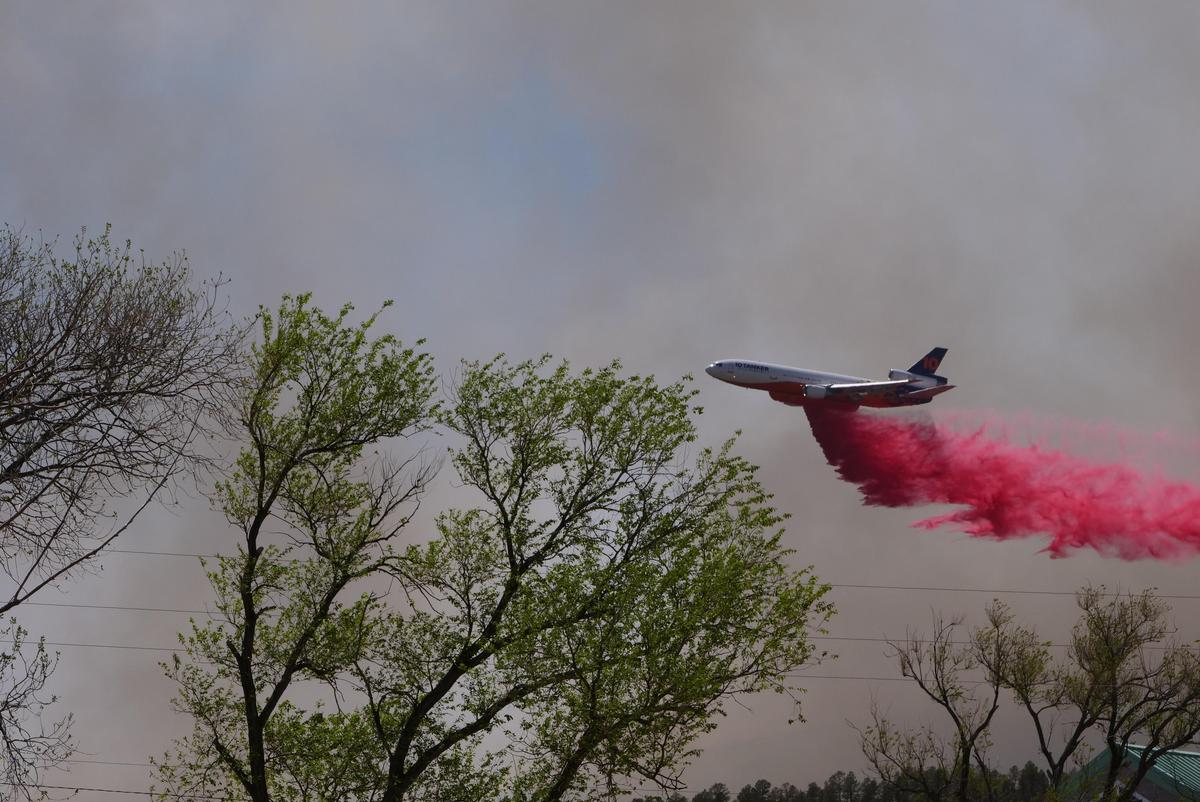Last Wednesday, Admiral Linda Fagan took over as the leader of the United States Coast Guard, making her the first woman to lead a branch of the US armed forces. US President Joe Biden, who chose Admiral Fagan for the job, said, "It's about time."
Published in “US”
In today's news roundup, Shanghai is finally released from its two-month lockdown, K-Pop group BTS visits the White House, and a visitor to Paris's Louvre museum attacks the Mona Lisa…with a piece of cake.
Experts say the world is heading toward a global food emergency. This could have a big effect on countries struggling to feed their people. Experts say there's enough food - the challenge is to get the food where it's needed at reasonable prices.
Scientists recently announced the world's tiniest remote-controlled robots. Small enough to sit on the side of a penny, the robots can be controlled by a laser. The scientists say one day robots like these may be able to work in areas too small for tools.
After several recent mass shootings, the United States is again turning to face the problem of gun violence. Americans are regularly shocked and saddened by mass shootings. But changing the country’s gun laws is incredibly difficult.
In today's news roundup, Pfizer promises lower drug prices to 45 poorer countries, Lyon beats Barcelona to win their eighth Women's Champions League title, and NASA's Mars lander InSight takes one last selfie, covered in dust.
Scientists at the University of Florida have grown plants in soil that came from the Moon. The plants didn't grow as well as those grown in dirt from Earth, but the experiment marks an important step toward growing plants on the Moon.
When Msituni was born, zoo keepers were worried the baby giraffe might die. Her front legs bent the wrong way, making standing nearly impossible. Now, thanks to special braces, she's healthy and playing with other giraffes.
Scientists have long believed that there was a black hole in the center of our galaxy. Last Thursday, scientists released the first image ever made of this black hole. The scientists hope the image will help them learn more about black holes and gravity.
In today's news roundup, the Taliban tells women in Afghanistan to cover themselves from head to toe, Karine Jean-Pierre becomes the White House's first Black press secretary, and a passenger safely lands a plane after the pilot becomes ill.
In today's news roundup, New Mexico fights massive wildfires, New Zealand reopens to tourists after more than two years, and a company uses satellites to spot cow burps from space.


